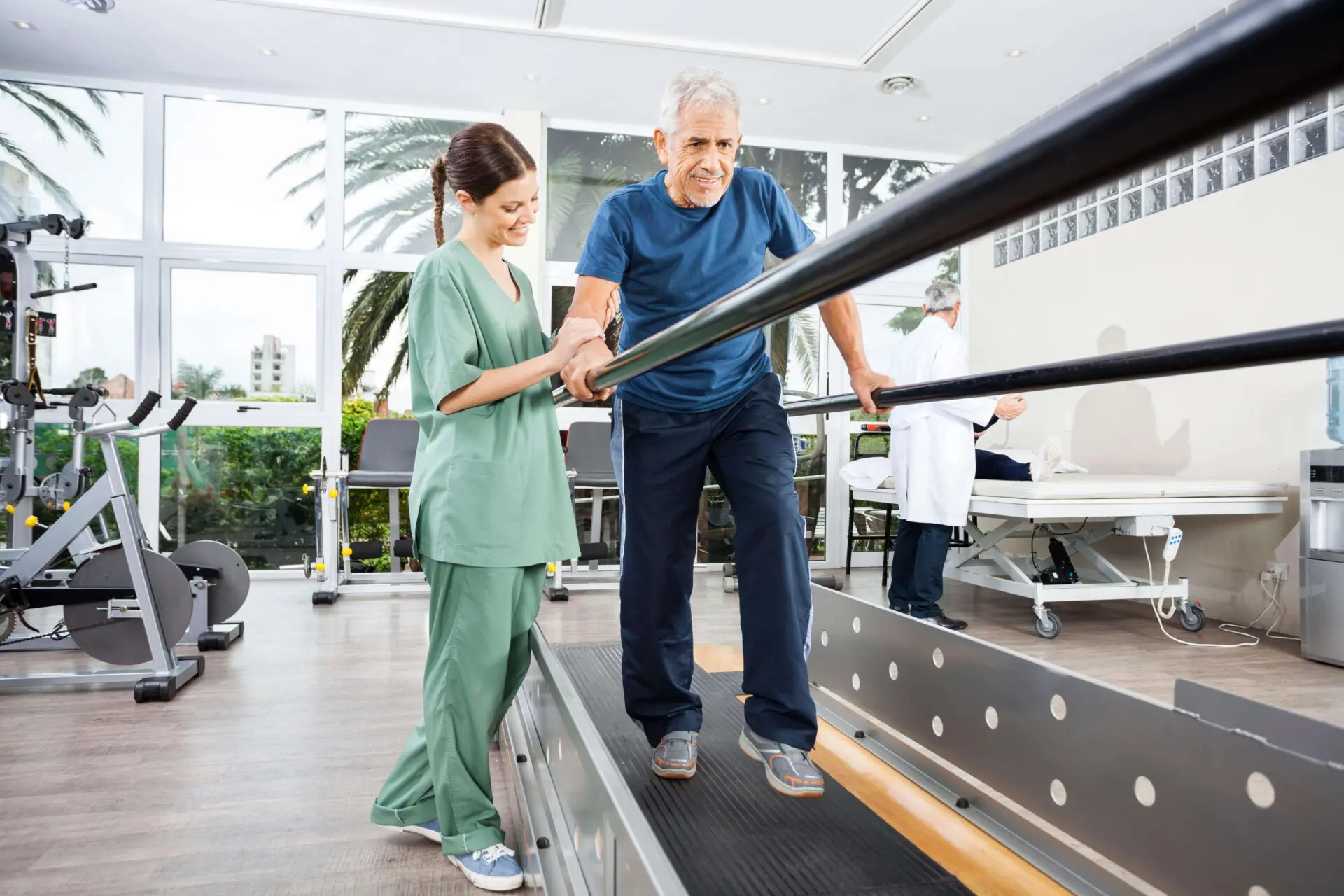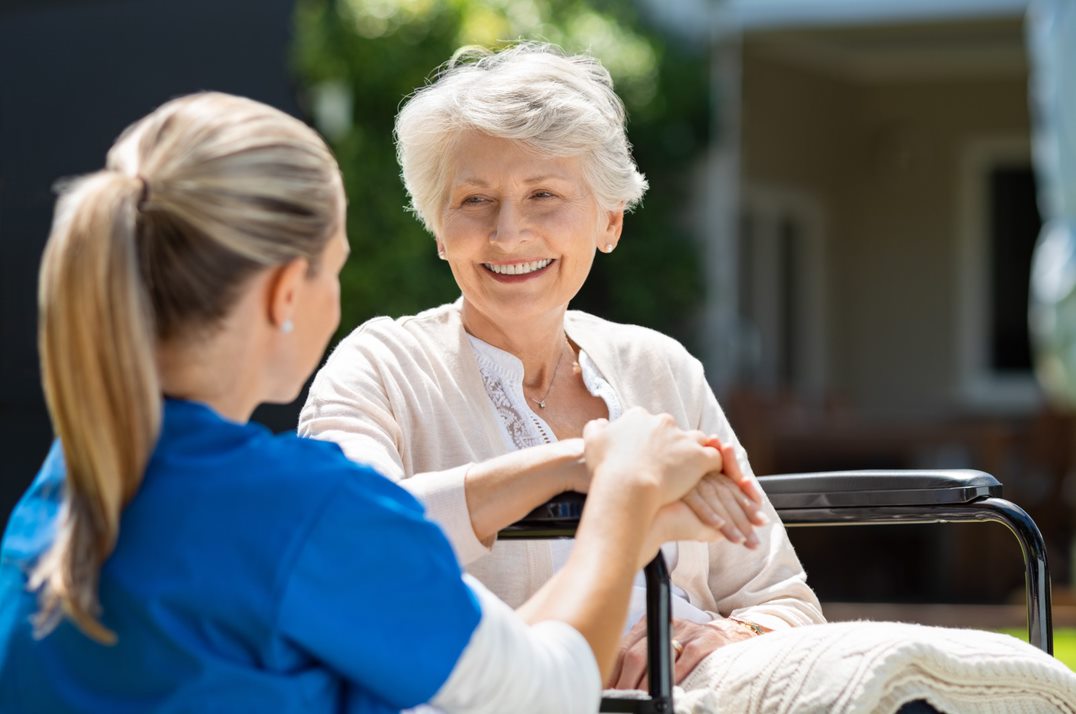Not known Facts About Dementia Fall Risk
Not known Facts About Dementia Fall Risk
Blog Article
Not known Facts About Dementia Fall Risk
Table of ContentsEverything about Dementia Fall RiskExcitement About Dementia Fall RiskDementia Fall Risk Fundamentals ExplainedDementia Fall Risk Things To Know Before You BuyThe 5-Second Trick For Dementia Fall Risk
You could be anxious due to the fact that you have actually had a fall before or because you have actually observed you're starting to feel unstable on your feet. You might have seen modifications to your wellness, or simply feel like you're reducing a little. Whatever the factor, it isn't unusual to become mindful and lose self-confidence, and this can quit you doing things you made use of to do and make you feel much more separated.If you've had an autumn or you've started to feel unstable, inform your medical professional also if you really feel great otherwise. Your medical professional can inspect your equilibrium and the way you walk to see if renovations can be made. They might have the ability to refer you for a drops danger analysis or to the drops prevention solution.
This details can be obtained via interviews with the individual, their caregivers, and a testimonial of their clinical records. Begin by asking the specific about their history of drops, including the frequency and circumstances of any type of current drops. Dementia Fall Risk. Ask about any kind of flexibility issues they might experience, such as unsteady or trouble strolling
Conduct a comprehensive review of the individual's medicines, paying particular interest to those recognized to boost the threat of falls, such as sedatives or medications that lower high blood pressure. Establish if they are taking multiple drugs or if there have actually been recent adjustments in their drug program. Examine the person's home atmosphere for prospective risks that might enhance the risk of falls, such as inadequate lighting, loosened rugs, or lack of grab bars in the shower room.
Everything about Dementia Fall Risk
Guide the person through the autumn risk evaluation kind, explaining each inquiry and taping their actions accurately. Make sure that the specific recognizes the objective of the assessment and really feels comfy supplying straightforward responses. Determine the overall risk rating based on the reactions offered in the assessment type. Identify the individual's risk classification (reduced, tool, or high) based on the overall score and the visibility of automated risky standing variables.
Frequently monitor the person's progression and reassess their risk of drops as required. Give recurring education and support to promote security and decrease the risk of drops in their daily living activities.
Many studies have actually revealed that physical treatment can help to minimize the risk of falling in adults ages 65 and older. In a new research (that considered drops threat in ladies ages 80 and older), scientists calculated the financial effect of picking physical therapy to stop falls, and they found that doing so saves $2,144, consisting of all helpful site the covert costs of your time, discomfort, missed out on life events, and the dollars spent for solutions.
The Greatest Guide To Dementia Fall Risk
Examining your heart rate and blood stress dimensions at rest and while you turn (from resting or lying to standing). An easy test of your reasoning (cognitive) capabilities. Analyzing your equilibrium, strength, and walking capacity. A basic vision test. Analyzing your feet and footwear. A home security evaluation. Based on the evaluation results, your physical specialist will certainly design a strategy that is tailored to your particular requirements.
Older grownups Get the facts that have problem strolling and chatting at the same time go to a greater risk of falling. Dementia Fall Risk. To help increase your safety and security throughout day-to-day activities, your physical therapist might make a training program that will certainly test you to keep standing and walking while you do one more task. Instances include walking or standing while counting backwards, having a discussion, or lugging a bag of groceries
Your physiotherapist also can identify which tasks you ought to stay clear of to stay secure. Community-based falls prevention programs aid people to: More Info Decrease their worry of falling. Establish goals for enhancing their exercise. Make their homes more secure. Work out extra to enhance their toughness and equilibrium. These programs commonly are led by volunteer trains.
Rumored Buzz on Dementia Fall Risk

Measles, or rubeola, is a highly transmittable, acute viral infectious condition caused by the measles infection. Some people consider measles as simply a breakout and high temperature that improves in a few days; however, measles can create major health problems, particularly in kids younger than 5-years-old. The finest defense against measles is the measles, mumps, and rubella (MMR) injection.
Loss are a common cause of injury amongst older grownups. According to the CDC, in one year alone, fall-related injuries added to over $50 billion in clinical costs (Dementia Fall Risk). In hospital setups, older grownups are at specifically high threat of falls due to the fact that their lowered flexibility from being restricted to a space or bed.
The Ultimate Guide To Dementia Fall Risk

She has no history of falls, her stride is constant, and she voids with no problems. The previous nurse states that she calls for aid to the bathroom when she requires to go.
Instances of usual loss interventions/measures include: Ensuring a person's important items are accessible. Placing the individual's bed rails up with the alarm on. Helping a client while they're standing up from bed. Past comprehending just how to use the Johns Hopkins Loss Threat Assessment Tool, it's important that facilities incorporate its usage right into a more extensive loss prevention strategy.
Report this page